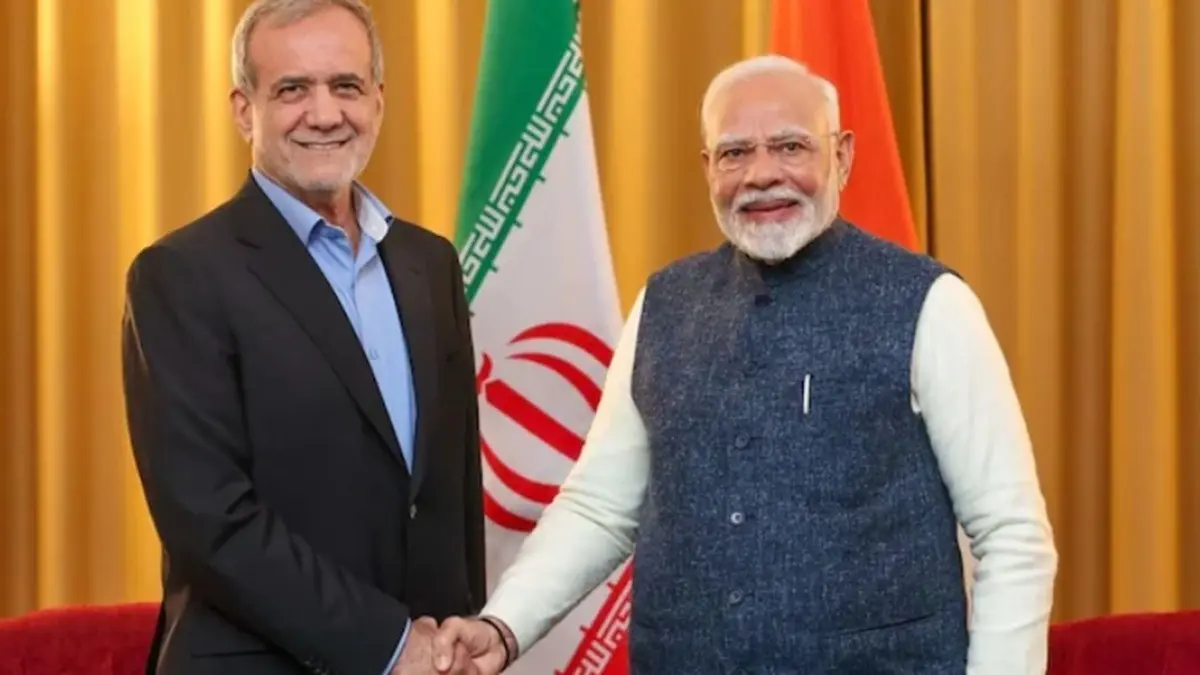Updated 25 April 2025 at 20:30 IST
'Our Foremost Priority': Iran Offers To Mediate Between India And Pakistan Amid Standoff Over Pahalgam Terror Attack
The Iranian minister added that Tehran is ready to use its “good offices” in both Islamabad and New Delhi to foster dialogue.
- World News
- 2 min read

New Delhi: Amid rising tensions between India and Pakistan following the deadly terrorist attack in Pahalgam, Jammu and Kashmir, Iran has stepped forward, offering to mediate between the two neighbours. The attack, carried out by Pakistan-based militants, has further strained already fragile bilateral ties.
Iran’s Foreign Minister Seyed Abbas Araghchi on Friday expressed Tehran’s deep concern over the escalation and emphasised Iran’s commitment to peace in South Asia.
Taking to the social media platform X, Araghchi referred to India and Pakistan as “brotherly neighbours,” citing centuries of cultural and civilizational ties that Iran shares with both nations.
“India and Pakistan are brotherly neighbours of Iran, enjoying relations rooted in centuries-old cultural and civilizational ties. Like other neighbors, we consider them our foremost priority,” Araghchi posted.
Advertisement
The Iranian minister added that Tehran is ready to use its “good offices” in both Islamabad and New Delhi to foster dialogue and ease tensions, especially during this “difficult time.”
Quoting the celebrated Persian poet Saadi, Araghchi highlighted the shared human values that bind the region together: “Human Beings are members of a whole In creation of one essence and soul If one member is inflicted with pain Other members uneasy will remain," he added.
Advertisement
Ties between India and Pakistan have plunged to a new low following the brutal killing of 26 people—mostly tourists—in a terrorist attack allegedly carried out by The Resistance Front, a group widely believed to be a proxy of the banned Pakistan-based Lashkar-e-Taiba (LeT).
In response, India strongly reiterated its accusations against the Pakistani government for supporting and enabling cross-border terrorism, and swiftly took a series of hard-hitting measures. These included suspending the Indus Waters Treaty—a crucial resource for Pakistan—sealing the international border, halting operations at the integrated check post in Attari, downsizing diplomatic staff, and suspending visa services for Pakistani nationals, including those under the ASEAN scheme.
Published By : Surabhi Shaurya
Published On: 25 April 2025 at 20:19 IST
